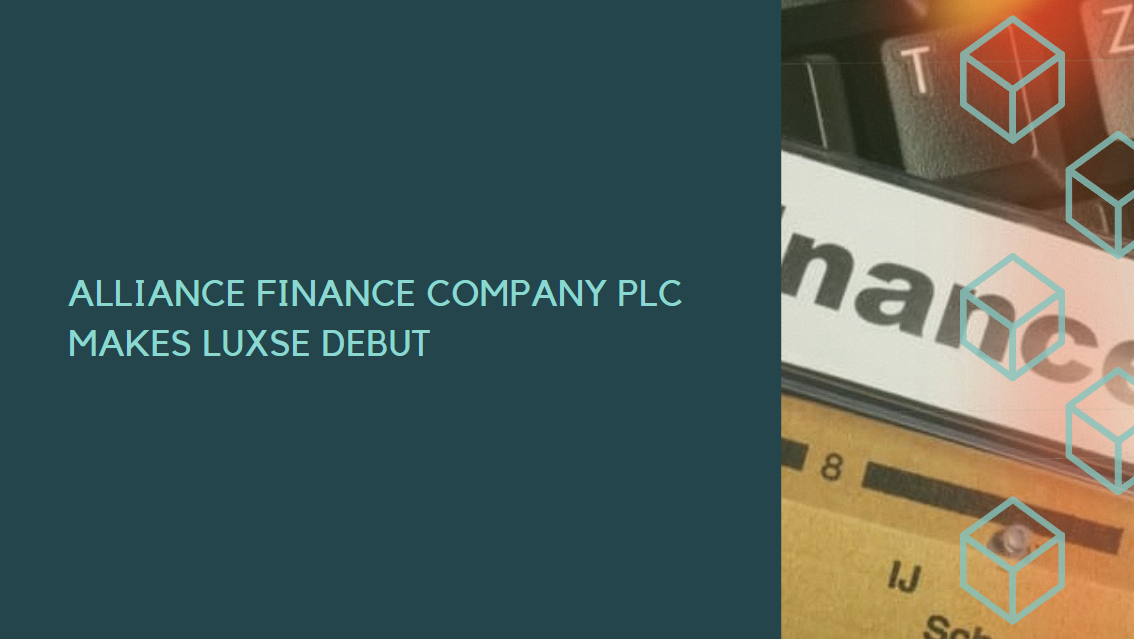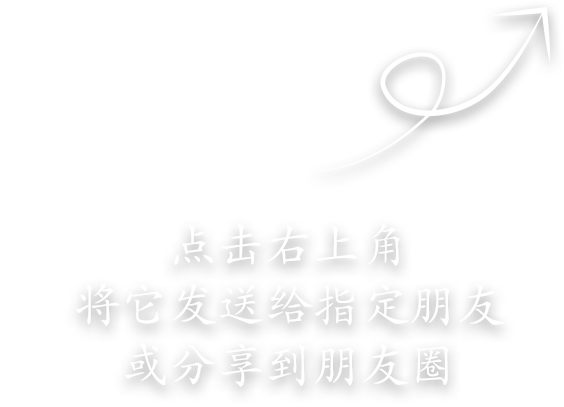Luxembourg to gain from EU capital market reforms: IQ-EQ's Diana Tisescu
As the EU renews its push for capital market integration, Diana Tisescu of IQ-EQ Luxembourg highlights how grand duchy is uniquely positioned to attract more global capital and strengthen its role in European finance.
Luxembourg's role as a major European financial centre stands to grow significantly under a more integrated capital markets union (CMU), remarked Diana Tisescu, client relationship director at IQ-EQ Luxembourg. In an interview with Paperjam, Tisescu argued that “a more integrated European capital market, with harmonised regulations and streamlined cross-border investments, presents a tremendous opportunity for Luxembourg to attract an even broader pool of international capital.”
Tisescu further elaborated on the CMU's potential, describing it as “an initiative by the European Commission to create a single, integrated market for capital that ensures European markets remain attractive, efficient, and globally competitive.” She noted that, historically, European companies have relied on bank financing, but the CMU now promotes “alternative avenues such as equity markets, venture capital, and crowdfunding,” which she believes offer “businesses more resilient funding options, making it easier to access finance and contributing to economic growth.”
The CMU's key objectives
According to Tisescu, the CMU's main objectives are to eliminate barriers to cross-border capital flows, diversify funding sources beyond bank loans, enhance access to capital for small and medium-sized enterprises (SMEs) and startups, and increase the attractiveness of European capital markets. “For investors, the CMU could bring more investment opportunities across the EU, increasing diversification and access to high-growth sectors,” she said. “More transparent and standardised regulations also help reduce investment risks and improve returns.”
Why the CMU struggled
Despite broad support for the CMU's goals, its implementation has lagged. Tisescu acknowledged that “the CMU has struggled to gain momentum, it's true.” She identified several critical barriers to progress, starting with divergent legal and regulatory regimes. “Varying legal and regulatory frameworks across EU countries create inconsistencies in financial regulations, tax policies and insolvency laws, making cross-border investment difficult.”
She also pointed to Europe's persistent dependence on bank financing, particularly amongst smaller businesses. “Europe's entrenched reliance on bank financing, especially among SMEs, has slowed the development of alternative funding sources.” On Brexit, she remarked that “Brexit's impact also can't be understated, given it marked the loss of one of Europe's key financial hubs.”
National politics and market fragmentation
Regulatory divergence remains a formidable barrier to the CMU's realisation. “Another major hurdle is the resistance from national authorities who are understandably cautious about ceding regulatory autonomy,” Tisescu said, adding national politics have also slowed progress, “many governments hesitate to give up regulatory control, delaying much-needed structural reforms to harmonise the market.”
She also highlighted the impact of inconsistent investor protections. “Varying investor protection mechanisms and disclosure requirements contribute to a fragmented landscape. This inconsistency not only hampers cross-border investment but also affects market transparency and investor confidence.”
Draghi's reform model
Recalling former European Central Bank president Mario Draghi's “whatever it takes” stance, Tisescu felt that Draghi “not only stabilised the euro but also sent a strong message of unity and resolve across the continent.” Moreover, she said his “ability to blend bold, unconventional monetary policies with a calm, measured style instils confidence in markets and policymakers alike.” Reflecting on his current role in shaping policy, she noted that “his strategy is focused on deeper financial integration, enhanced market stability, and encouraging structural reforms across member states.” Whilest acknowledging that challenges remain, she concluded that “his track record and commitment bode well for a more unified and resilient European capital market.”





















































First, please LoginComment After ~